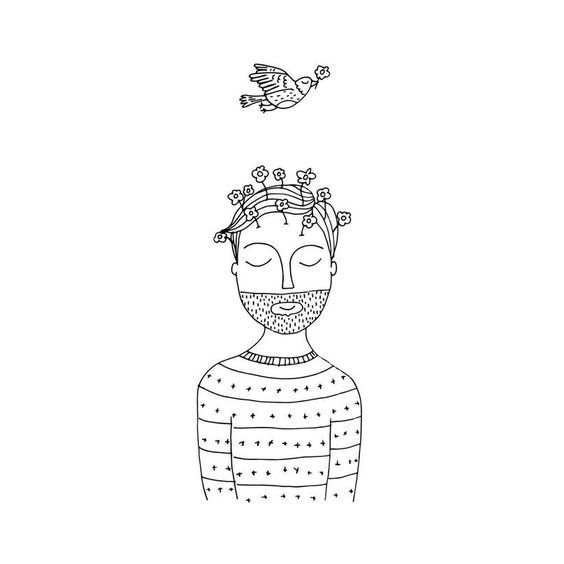
The three poisons are passion, aggression, and ignorance. Sometimes these are called greed, hatred, and delusion. Sometimes they’re called attachment, aversion, and ignorance. These three poisons are described as the primary causes of our suffering.
By Daniel Scharpenburg
This is part of the Lojong teachings. I think it’s a little more confusing than some of the previous slogans, so I’ll make sure I try really hard to unpack it well.
Objects refers to people. I know that’s confusing, but maybe it helps to refer to English class—the distinction between subject and object? We’re talking about other people who are the focus of our attention.
In the context of this slogan, people are described as coming in three categories: friends, enemies, and neutrals. I’d rather describe them as people we like, people we don’t like, and people we are indifferent toward (i.e. strangers or people we barely know). Those are the three objects.
The three poisons are passion, aggression, and ignorance. Sometimes these are called greed, hatred, and delusion. Sometimes they’re called attachment, aversion, and ignorance. These three poisons are described as the primary causes of our suffering.
Passion is our tendency to want everything all the time. We want control; we want material possessions; we want all the objects of our desire. We are often obsessed with these—attaching great importance to having things be exactly the way we want them.
Aggression is our tendency to want to avoid things that are unpleasant; things we don’t want. Aggression is what makes us lash out at the world and make enemies out of everything all the time. Ignorance is just our lack of understanding, our inability to see our situation and our relationship to the world around us clearly.
Now I’m going to describe how this slogan relates to the previous one. The previous slogan was about tonglen practice, where we visualize ourselves taking on the suffering of others. This slogan extends that a little. We want to set an intention to take upon ourselves the passion of our friends, the aggression of our enemies, and the ignorance of those neutral people. This is just about setting an intention.
So, when we think about our enemy, for example, this inspires thoughts of aggression, and we think to ourselves, “Let me take on that aggression and may my enemy be free of it.” It goes the same way with the other two poisons: “Let me take on that passion and may my friend be free of it,” and, “Let me take on that ignorance and let the neutral person be free of it.”
When we start thinking of taking these things upon ourselves, we start to let go of them too. It seems counter-intuitive, but it’s true. By just setting the intention to take on the aggression of someone else, we let go of our own. In this way, by reflecting on how poisons have an impact on others, they can act as seeds of virtue for us.
Photo: Fernando Cobelo
Editor: John Lee Pendall
Did you like this post? You might also like:
Comments
- Review of The Power of Mind: A Tibetan Monk’s Guide to Finding Freedom in Every Challenge {Book Review} - August 23, 2022
- The Path to Peace: A Buddhist Guide to Cultivating Loving Kindness by Ayya Khema {Book Review} - July 21, 2022
- That is Not Your Mind! Zen Reflections on the Surangama Sutra {Book Review} - July 16, 2022




